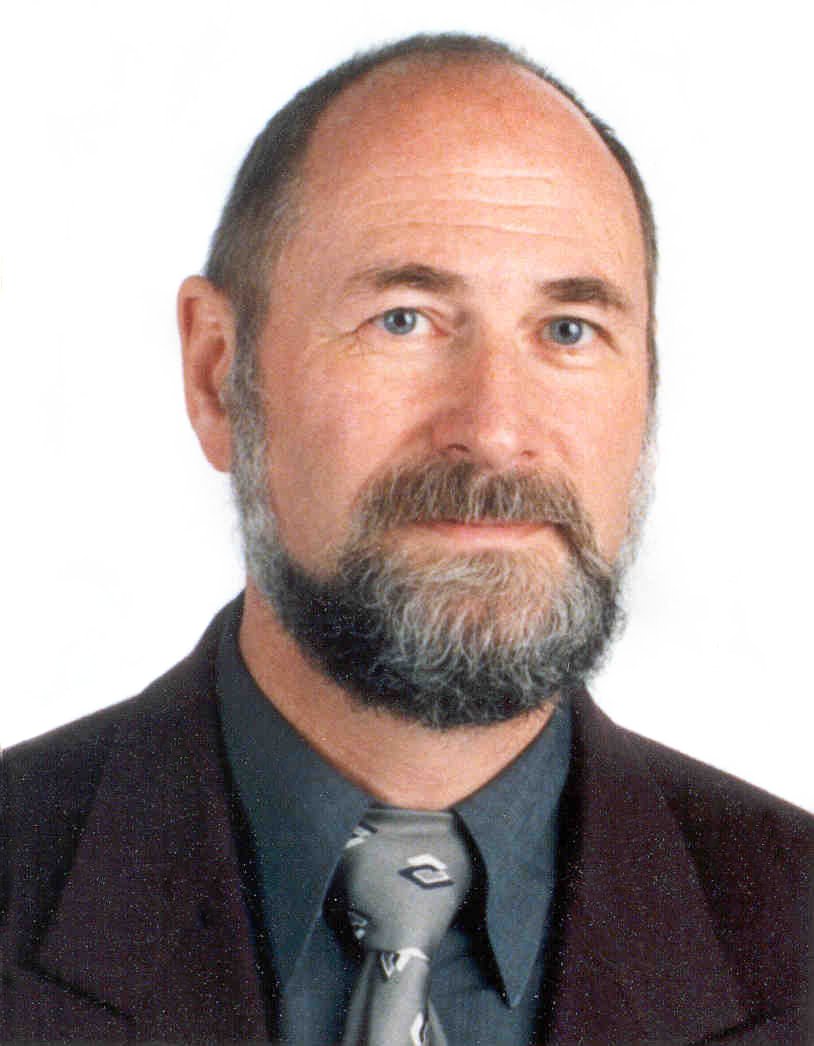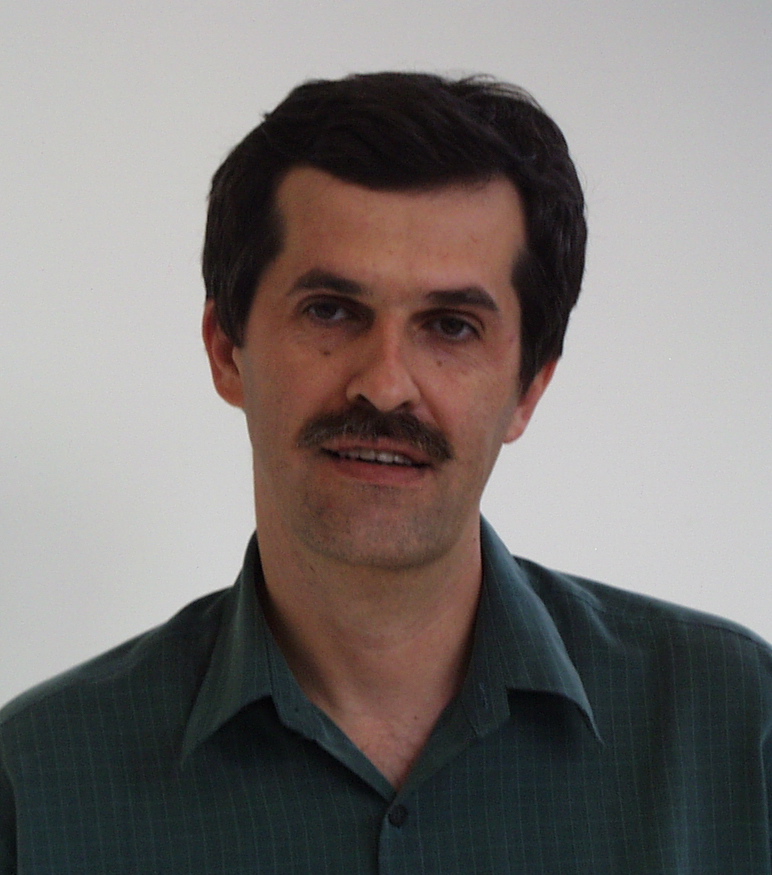| |
|
| |
| ======================================================================================= |
Perspectives on Next Generation
Software Engineering |
| |
Ali Mili |
The Software Engineering Institute has convened a panel
in 2005 made up of SEI experts and outside experts to explore
research issues in the next generation of software systems,
referred to as Ultra Large Scale Systems (whose size is
anticipated to be in the billion LOC range). This scale
has many implications that make the study of ULS systems
a totally new discipline, rather than a variation on existing
research. In this talk, we present general characteristics
of the ULS initiative, then discuss specific aspects pertaining
to ULS Qualities and computational aspects of ULS engineering. |
| |
Speaker |
 |
Ali
Mili holds a PhD from the University of Illinois,
Urbana (1981) and a Doctorat es Sciences d'Etat from
the Universite Joseph Fourier de Grenoble, France
(1985). He is currently a Professor at the New Jersey
Institute of Technology, and is a faculty member in the graduate school
of Rutgers University, Newark. In 2005 and 2006, he
served as a visiting researcher for Oak Ridge National
Lab (Oak Ridge, TN) and the Software Engineering Institute
(Pittsburgh, PA). His research interests are in Software
Engineering, ranging from technical to organizational
aspects. |
|
| ======================================================================================= |
Synchronous techniques for
embedded systems |
|
Gerard Berry |
We
discuss synchronous languages and methods for embedded systems,
and in particular SCADE for certified embedded software
design and Esterel Studio for circuit design. Both are based
on the zero-delay computation mathematical model, which
abstracts classical cycle-based reactive implementations.
This model is very different from usual rendezvous models,
and often much simpler. It makes it possible to support
sequencing and concurrency while preserving the fundamental
determinism of most continuous or discrete control systems
and circuits. We present the SCADE synchronous design flow
in details: specification, simulation, embedded code generation,
model coverage, formal verification. We discuss the current
large-scale applications in avionics, railway, and automotive.
|
| |
Speaker |
 |
Gerard
Berry received his PhD in Mathematics in 1977. He
is the father of the Esterel language. Before joining
Esterel Technologies in January 2001, Mr. Berry was
the Director of Research at Ecole des Mines de Paris
(EMP), Director of the Applied Mathematics Center
(CMA) of EMP, and co-head of the joint EMP/INRIA Meije
project. His research activities include programming
language designs, semantics and implementation, hardware
synthesis and formal verification. Gerard Berry is
a member of Académie des Sciences and Academia
Europaea. |
|
| ======================================================================================= |
Challenges for reliable software
design in automotive electronic control units |
|
Klaus D. Mueller-Glaser
|
Design
of reliable SW for automotive ECU's means design of complex
distributed closed loop and reactive control as well as
software intensive systems, many of them with safety critical
and hard realtime constraints. Challenges are in new domain
specific tools for early model driven design space exploration
of distributed ECU architectures, safety-function-codesign,
verification, debugging and test of heterogeneous HW/SW
modules.
|
| |
Speaker |
 |
Klaus
D. Mueller-Glaser received Dr.-Ing. degree in 1977
from the University of Karlsruhe, Germany. From 1977
to 1986 he worked for Siemens, Synertek, Honeywell
and Bell Labs, before he became responsible for setting
up the first commercial U.S. AT&T ASIC Design
Center in Sunnyvale, CA. In 1986 he was appointed
Full Professor at the University of Erlangen-Nürnberg,
Germany. In 1993 he became Director of the Institute
for Information Processing Technologies (ITIV), University
of Karlsruhe. He is a Director of the Computer Science
Research Center (FZI) in Karlsruhe.
|
|
| |
| ======================================================================================= |
Observation Rooms for Program
Execution Monitoring |
|
Liviu Iftode |
In
this talk, we argue that program execution can and should
be continuously monitored in order to detect anomalous behavior.
Our approach is to provide robust "observation rooms"
from where specially-designed monitoring threads can observe
target memory safely, automatically and non-intrusively.
In my talk,I will describe several implementations and utilizations
of these observation rooms, both for operating system and
application programs monitoring.
|
| |
Speaker |
 |
Liviu
Iftode is an Associate Professor in the Department
of Computer Science at Rutgers University, New Jersey.
He received his Ph.D. and M.S. degrees in Computer
Science from Princeton University in 1998 and 1993,
respectively. His research interests include distributed
systems, operating systems, mobile networking and
pervasive computing. Most of his work has been conducted
with his students in the Distributed Computing (DISCO)
Laboratory at Rutgers (http://discolab.rutgers.edu). |
|
| ======================================================================================= |
| |
|
|